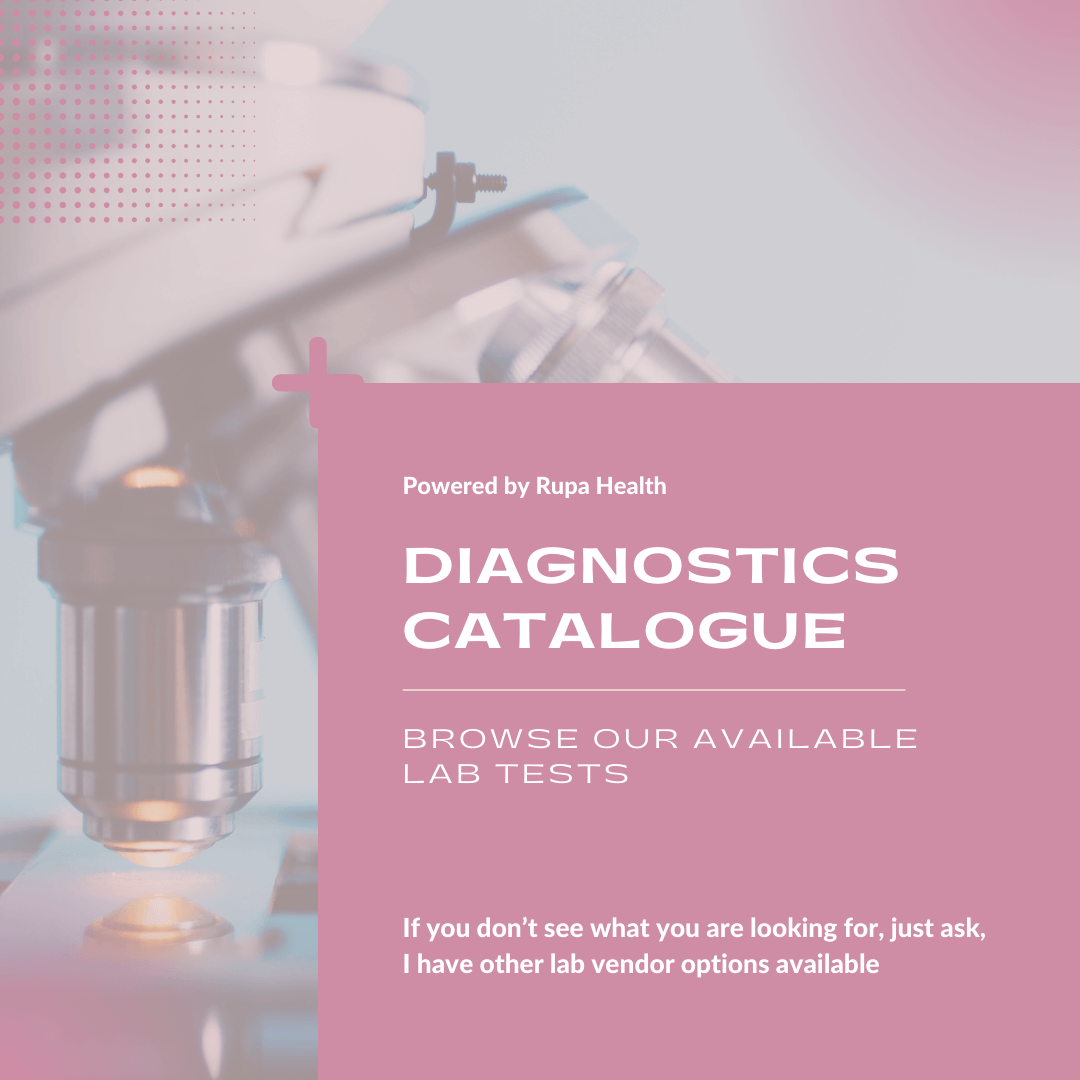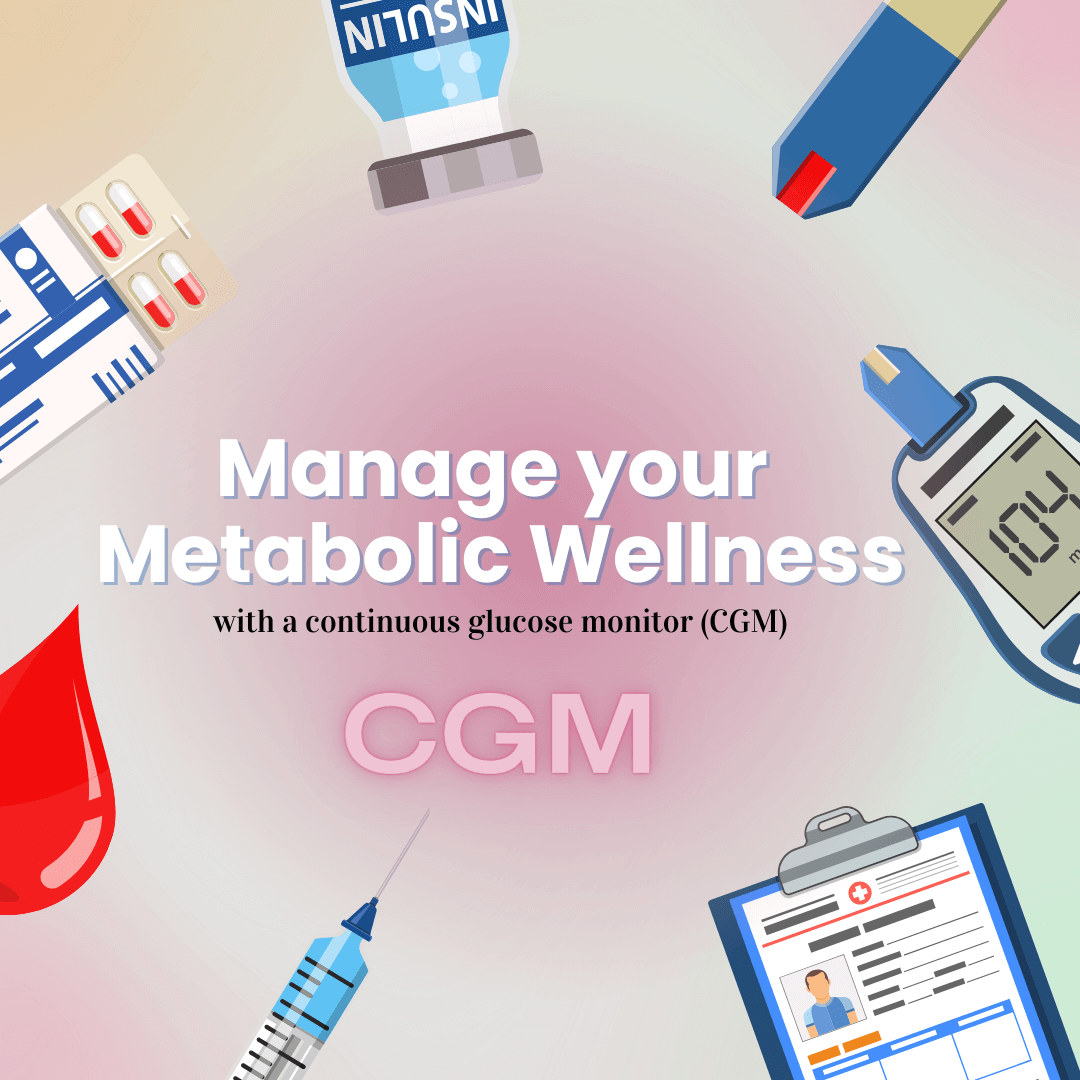Vitamins
Vitamins, derived from the Latin word "vita," meaning life, aptly reflect their vital role in sustaining health and vitality. As essential micronutrients, vitamins are indispensable for various physiological functions, including supporting digestive health and overall well-being.
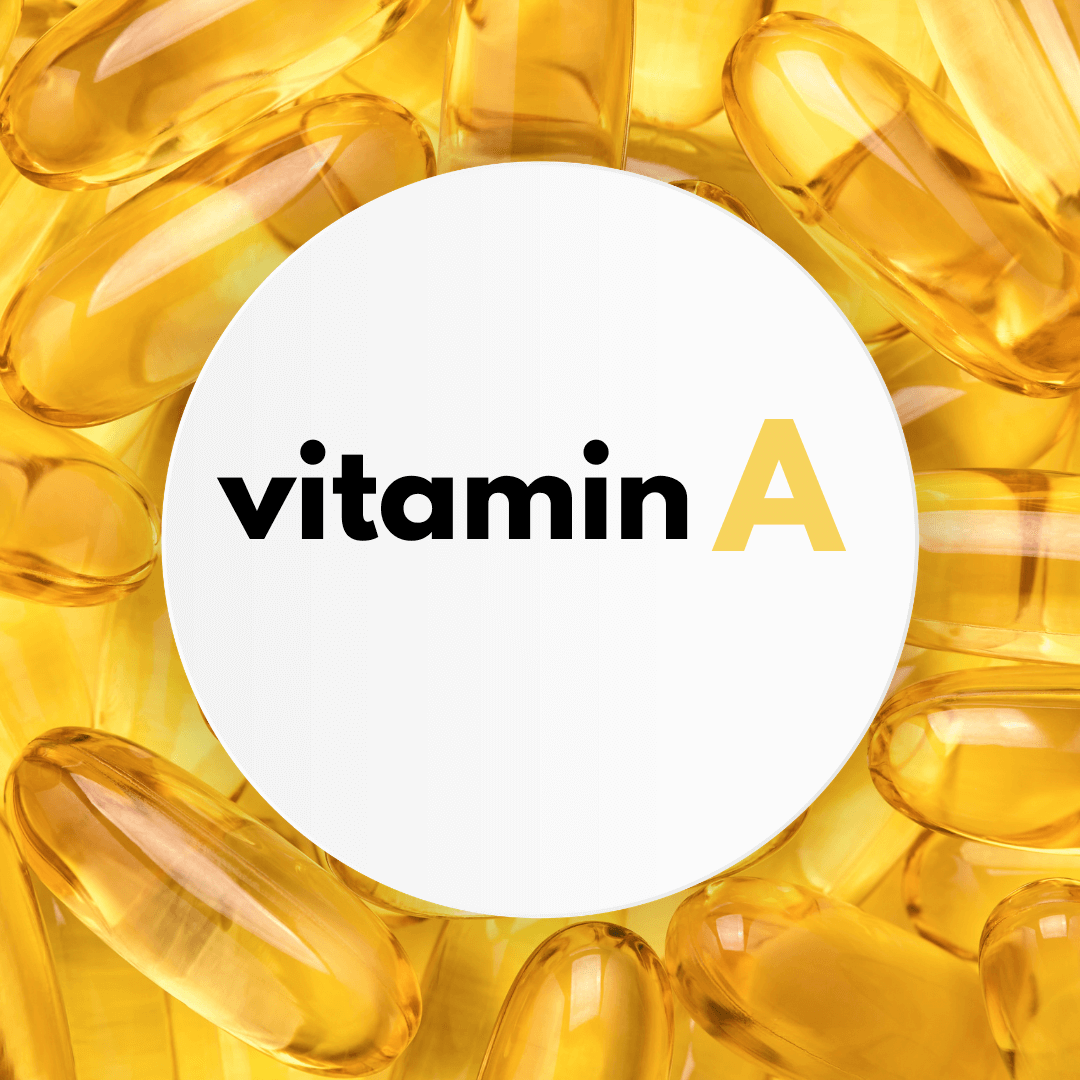
Vitamin A plays a critical role in supporting the health of our mucosal barriers, including the lining of the digestive tract. This essential nutrient is vital for the repair and maintenance of tissues, making it particularly beneficial for addressing ulcers and promoting overall gut health.
Incorporating vitamin A-rich foods into your diet is essential for ensuring adequate intake. Excellent dietary sources of vitamin A include liver, eggs, dairy products, and fatty fish such as salmon. Additionally, brightly colored fruits and vegetables like carrots, sweet potatoes, spinach, and kale are rich in beta-carotene, a precursor to vitamin A.
Despite its importance, vitamin A deficiency is not uncommon, especially in regions where access to nutrient-rich foods is limited. Signs of deficiency may include night blindness, dry skin, poor immune function, and impaired wound healing. Recognizing these symptoms early and ensuring sufficient intake of vitamin A-rich foods can help prevent deficiency and support optimal gut health.
Vitamin B is a crucial group of nutrients that play diverse roles in supporting gastrointestinal (GI) health and overall well-being. Among its many functions, vitamin B supports muscle tone throughout the GI system, ensuring the smooth movement of food along the digestive tract. Additionally, it contributes to the maintenance of liver health, aiding in the detoxification processes that occur within this vital organ.
Vitamin B1, also known as thiamine, is particularly important for digestive health as it supports hydrochloric acid (HCl) production in the stomach. This acid is essential for breaking down food particles and facilitating nutrient absorption in the intestines. Similarly, vitamin B2, or riboflavin, plays a role in protecting the mucosal barrier of the digestive tract, guarding against damage and inflammation.
Vitamin B3, or niacin, also contributes to HCl production in the stomach, further aiding the digestive process. Meanwhile, vitamin B5, or pantothenic acid, supports the conversion of fats into energy, ensuring that dietary fats are effectively utilized by the body. Additionally, vitamin B9, also known as folate, plays a crucial role in digestion by supporting the breakdown and utilization of proteins. It also helps produce more protein when needed, ensuring optimal tissue repair and growth.
Furthermore, vitamin B12, or cobalamin, is essential for maintaining muscle tissue integrity in the digestive lining. Working in conjunction with folate, vitamin B12 supports various metabolic processes in the body, including DNA synthesis and red blood cell formation. Together, these B vitamins form a comprehensive network that supports digestive function, liver health, and overall vitality.
B vitamins are abundant in a variety of foods, offering a diverse array of dietary sources to support optimal health. Here are some excellent food sources for each B vitamin:
**B1 (Thiamine):**
- Whole grains such as brown rice, barley, and oats
- Legumes like lentils, peas, and black beans
- Nuts and seeds, particularly sunflower seeds and macadamia nuts
- Pork, especially pork chops and lean ham
- Yeast extract, found in nutritional yeast
**B2 (Riboflavin):**
- Dairy products like milk, yogurt, and cheese
- Eggs, particularly the yolk
- Lean meats such as chicken, turkey, and beef
- Green leafy vegetables like spinach, kale, and broccoli
- Whole grains like fortified cereals, whole wheat bread, and brown rice
**B3 (Niacin):**
- Meat, particularly beef, chicken, and turkey
- Fish such as salmon, tuna, and mackerel
- Mushrooms, especially shiitake mushrooms
- Peanuts and peanut butter
- Whole grains like barley, millet, and quinoa
**B5 (Pantothenic Acid):**
- Avocado, a rich source of pantothenic acid
- Chicken and turkey, especially the breast meat
- Whole grains like brown rice, whole wheat bread, and oats
- Legumes such as lentils, chickpeas, and split peas
- Sunflower seeds and pumpkin seeds
**B6 (Pyridoxine):**
- Poultry like chicken and turkey
- Fish such as tuna, salmon, and cod
- Potatoes, particularly the skin-on varieties
- Bananas, a good source of pyridoxine
- Spinach and other leafy greens
B7 (Biotin):**
- Egg yolks, a concentrated source of biotin
- Organ meats such as liver
- Nuts and seeds, especially almonds and sunflower seeds
- Sweet potatoes and other root vegetables
- Whole grains like oats, barley, and wheat germ
B9 (Folate):**
- Leafy greens such as spinach, kale, and collard greens
- Legumes like lentils, chickpeas, and black-eyed peas
- Asparagus, a folate-rich vegetable
- Citrus fruits such as oranges and grapefruits
- Fortified grains like bread, cereal, and pasta
B12 (Cobalamin):**
- Animal products such as meat, poultry, fish, and eggs
- Dairy products like milk, cheese, and yogurt
- Fortified plant-based foods like nutritional yeast, plant milk, and breakfast cereals
- Shellfish such as clams, oysters, and mussels
- Beef liver, a particularly concentrated source of vitamin B12
Incorporating a variety of these nutrient-rich foods into your diet can help ensure an adequate intake of B vitamins to support optimal health and vitality.
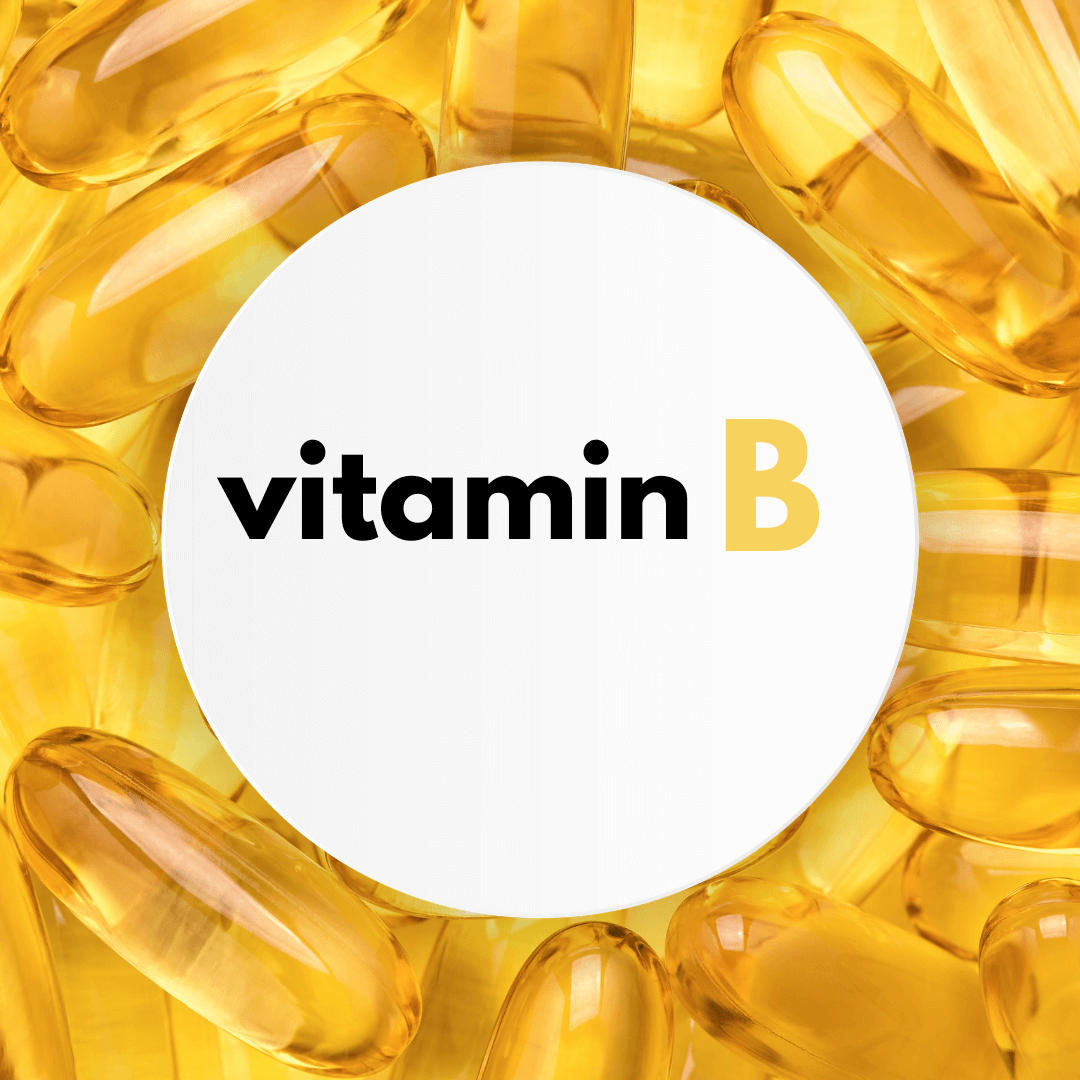
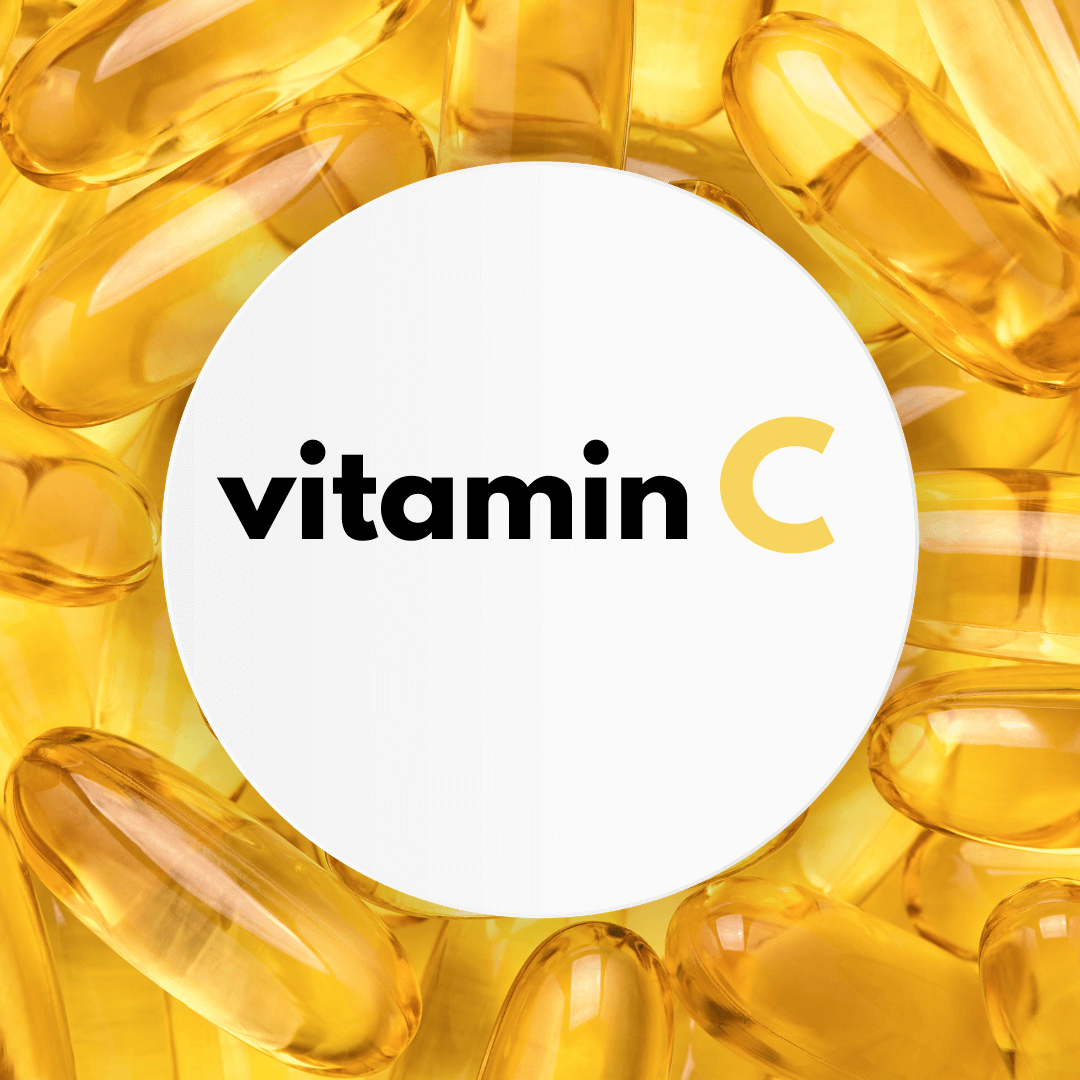
Vitamin C, also known as ascorbic acid, plays a crucial role in maintaining overall health and well-being. One of its primary functions is supporting collagen formation, a key protein that provides structure to the skin, bones, and blood vessels. Additionally, vitamin C is essential for promoting healthy teeth and gums, as it contributes to the maintenance of connective tissues in the oral cavity.
Symptoms of vitamin C deficiency, known as scurvy, can manifest as fatigue, weakness, joint pain, and swollen gums. In severe cases, scurvy can lead to bleeding gums, bruising, and impaired wound healing. Given its role in iron absorption, deficiency in vitamin C can also exacerbate symptoms of iron deficiency anemia.
Fortunately, vitamin C is readily available in a wide range of fruits and vegetables. Citrus fruits such as oranges, lemons, and grapefruits are particularly rich sources of vitamin C. Other excellent sources include strawberries, kiwifruit, bell peppers, broccoli, and spinach. Incorporating these nutrient-dense foods into your diet can help ensure an adequate intake of vitamin C to support overall health and vitality.
Vitamin D, often referred to as the "sunshine vitamin," is a fat-soluble nutrient that plays a crucial role in various bodily functions. One of its primary functions is regulating calcium and phosphorus absorption, essential for maintaining healthy bones and teeth. Vitamin D also supports immune function, muscle health, and cell growth and repair.
Symptoms of vitamin D deficiency can include fatigue, muscle weakness, bone pain, and frequent infections. In severe cases, deficiency may lead to conditions such as rickets in children and osteomalacia in adults, characterized by weakened and softened bones.
The primary source of vitamin D is sunlight exposure, as the skin produces vitamin D in response to ultraviolet (UV) radiation. However, dietary sources also contribute to vitamin D intake. Fatty fish such as salmon, tuna, and mackerel are excellent sources of vitamin D, as are fortified foods like milk, orange juice, and breakfast cereals. Additionally, egg yolks and certain types of mushrooms contain small amounts of vitamin D.
Ensuring an adequate intake of vitamin D through sunlight exposure and dietary sources is essential for supporting overall health and well-being. However, individuals living in regions with limited sunlight or those who have difficulty absorbing vitamin D may benefit from supplementation under the guidance of a healthcare professional.

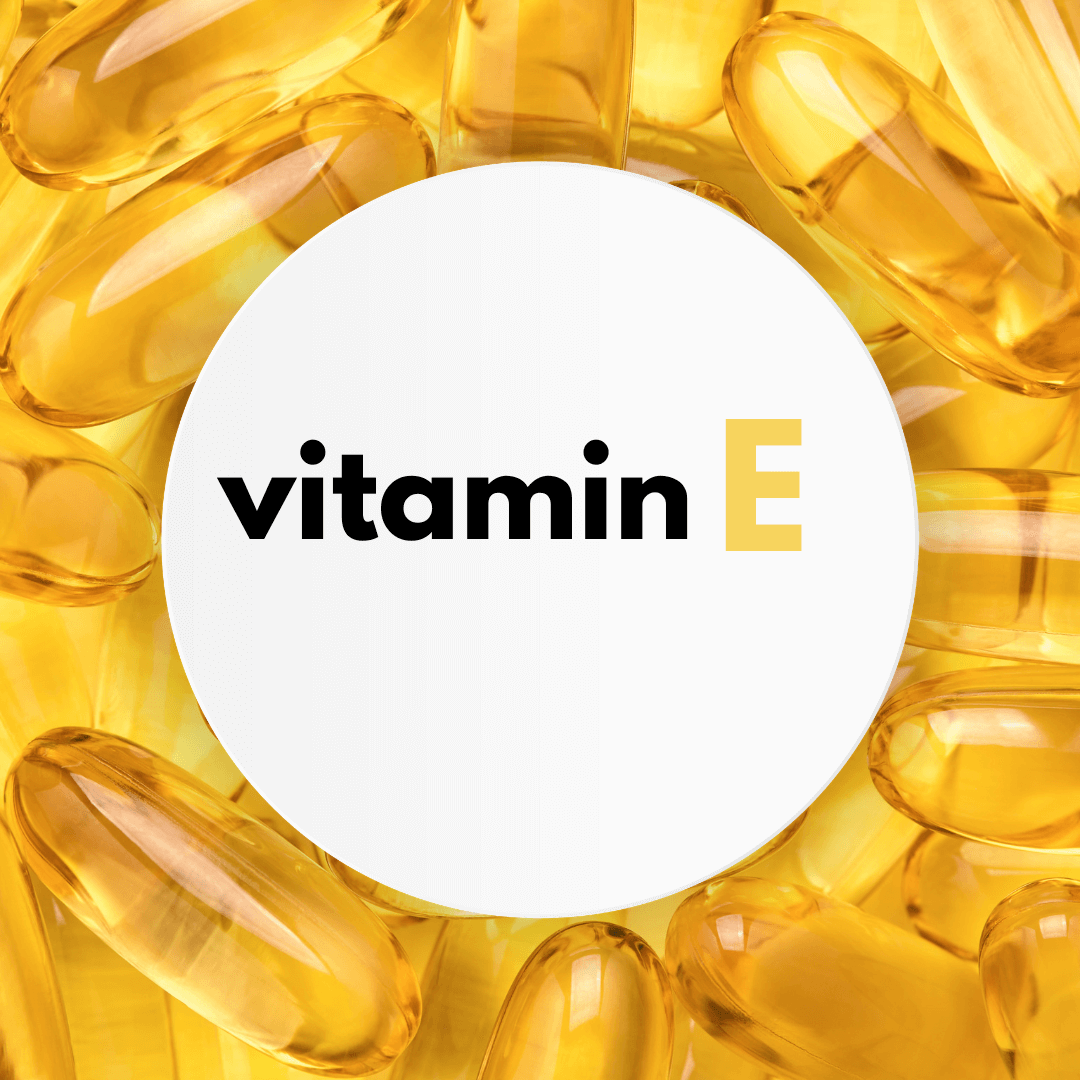
Vitamin E, a fat-soluble antioxidant, plays a crucial role in protecting cells from damage caused by free radicals. Its antioxidant properties help prevent oxidative stress and inflammation, thereby supporting overall health and well-being. Vitamin E also contributes to immune function, skin health, and blood vessel dilation.
Symptoms of vitamin E deficiency are rare but may include muscle weakness, vision problems, and impaired immune function. Certain medical conditions that affect fat absorption, such as cystic fibrosis or Crohn's disease, may increase the risk of deficiency.
Good food sources of vitamin E include nuts and seeds, such as almonds, sunflower seeds, and hazelnuts, as well as vegetable oils like wheat germ oil, sunflower oil, and safflower oil. Leafy green vegetables, avocados, and fortified cereals also contain vitamin E in smaller amounts.
Incorporating vitamin E-rich foods into the diet can help ensure an adequate intake of this essential nutrient. However, supplementation may be necessary in cases of deficiency or certain medical conditions, under the guidance of a healthcare professional.
Vitamin K is essential for blood clotting, bone metabolism, and cardiovascular health. It plays a crucial role in synthesizing proteins involved in blood coagulation, ensuring that wounds can heal effectively and preventing excessive bleeding.
Symptoms of vitamin K deficiency may include easy bruising, excessive bleeding, and prolonged clotting time. Individuals with conditions that affect fat absorption, such as liver disease or cystic fibrosis, may be at higher risk of deficiency.
Good dietary sources of vitamin K include leafy green vegetables like kale, spinach, and broccoli, as well as Brussels sprouts, cabbage, and other cruciferous vegetables. Fermented foods like natto, a traditional Japanese dish made from fermented soybeans, also contain significant amounts of vitamin K.
In addition to dietary sources, the body can produce vitamin K through gut bacteria in the large intestine. However, supplementation may be necessary in cases of deficiency or certain medical conditions, under the guidance of a healthcare professional.
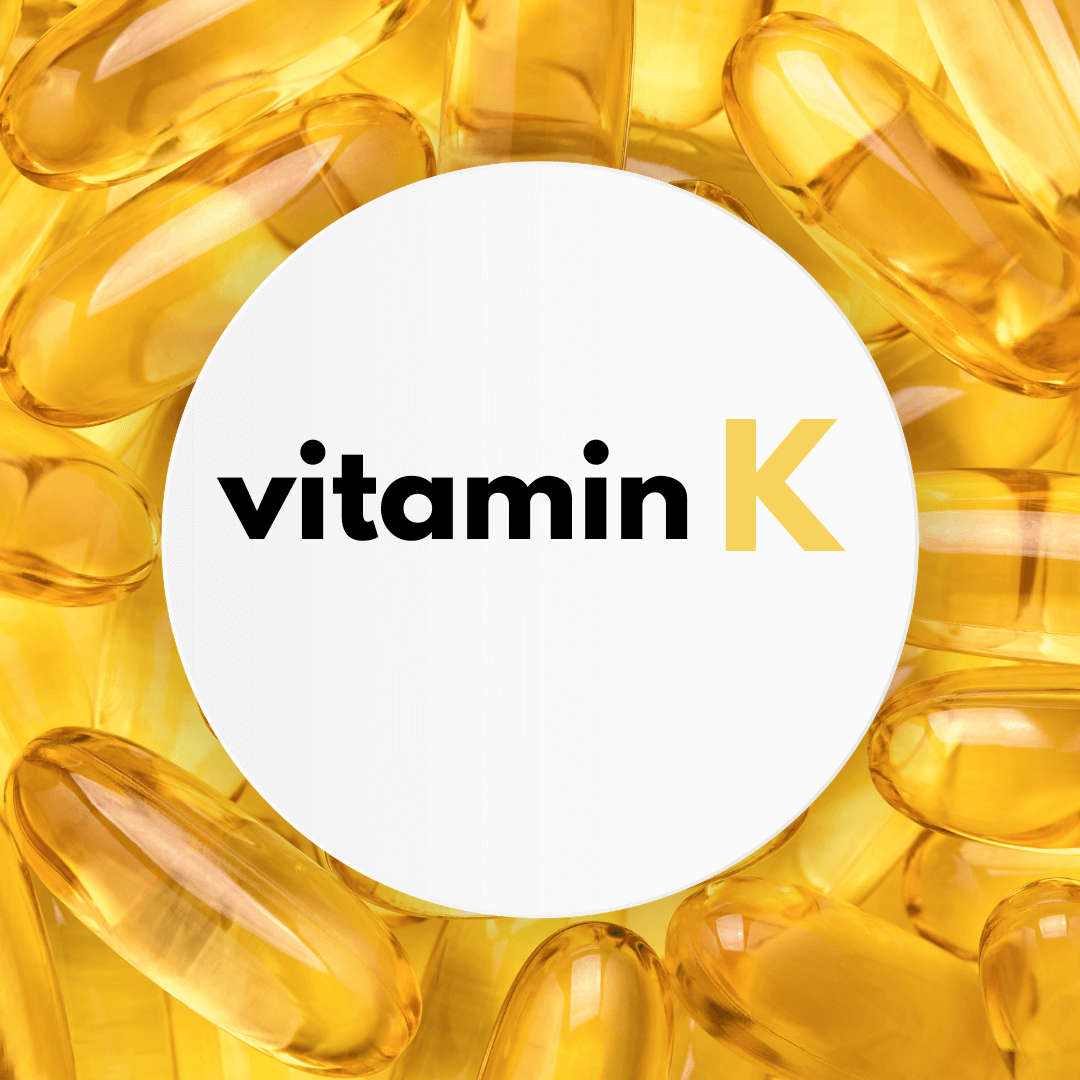
This page contains affiliate links. This means I may earn a commission should you choose to sign up for a program or make a purchase using my link.
Information courtesy of Angela Anderson
Functional Diagnostic Nutrition® health coaches do not diagnose, treat, prevent, or cure any
disease or condition. Nothing we share with our clients is intended to substitute for the advice,
treatment or diagnosis of a qualified licensed physician. Functional Diagnostic Nutrition® (FDN)
Practitioners may not make any medical diagnoses or claim, nor substitute for your personal
physician’s care. It is the role of a Functional Diagnostic Nutrition® Practitioner to partner with
their clients to provide ongoing support and accountability in an opt-in model of self-care and
should be done under the supervision of a licensed physician.

